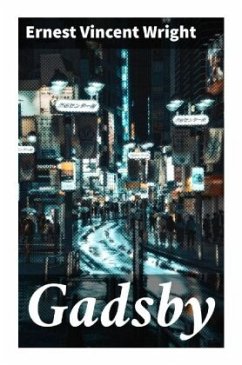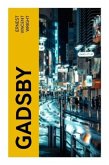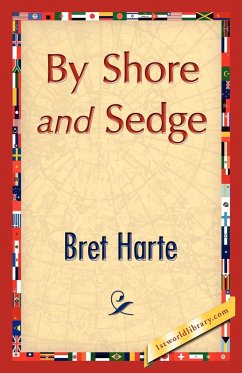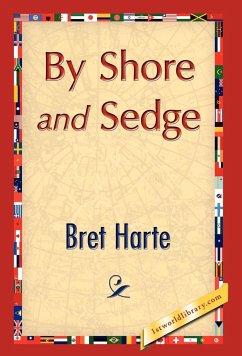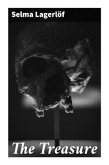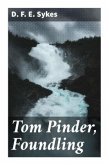In "Gadsby," Ernest Vincent Wright presents a remarkable exploration of linguistic creativity through an entire narrative devoid of the letter 'E.' This novel, set in the fictional town of Gadsby, tells the story of a young man's quest to revive the town's fading vibrancy. Wright employs a unique prose style that challenges conventional storytelling through his constraint, resulting in a playful yet profound examination of language itself. The narrative is marked by an engaging plot and rich character development, achieved entirely without using one of the English language's most common letters, showcasing Wright's linguistic prowess and creativity in a manner reminiscent of Oulipo and other literary movements that embrace structural experimentation. Ernest Vincent Wright, an American author and poet, was deeply influenced by the avant-garde movements of his time. His fascination with language and its limits likely stemmed from his background in poetry and a keen interest in the linguistic possibilities of storytelling. Wright's dedication to exploring the artistic potential of words culminates in "Gadsby," a true testament to his belief that creativity can flourish within constraints. Recommended for enthusiasts of experimental literature and anyone intrigued by the boundaries of language, "Gadsby" invites readers into a quirky world where words weave a tapestry of narrative despite the absence of one significant component. It is a compelling read that not only entertains but also challenges perceptions of literature and language itself.
Bitte wählen Sie Ihr Anliegen aus.
Rechnungen
Retourenschein anfordern
Bestellstatus
Storno

